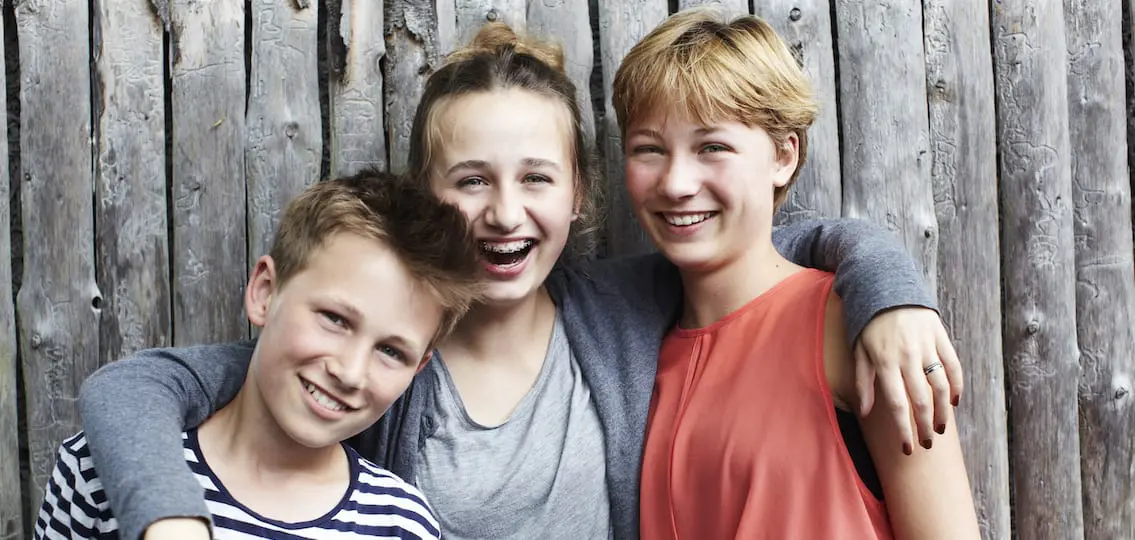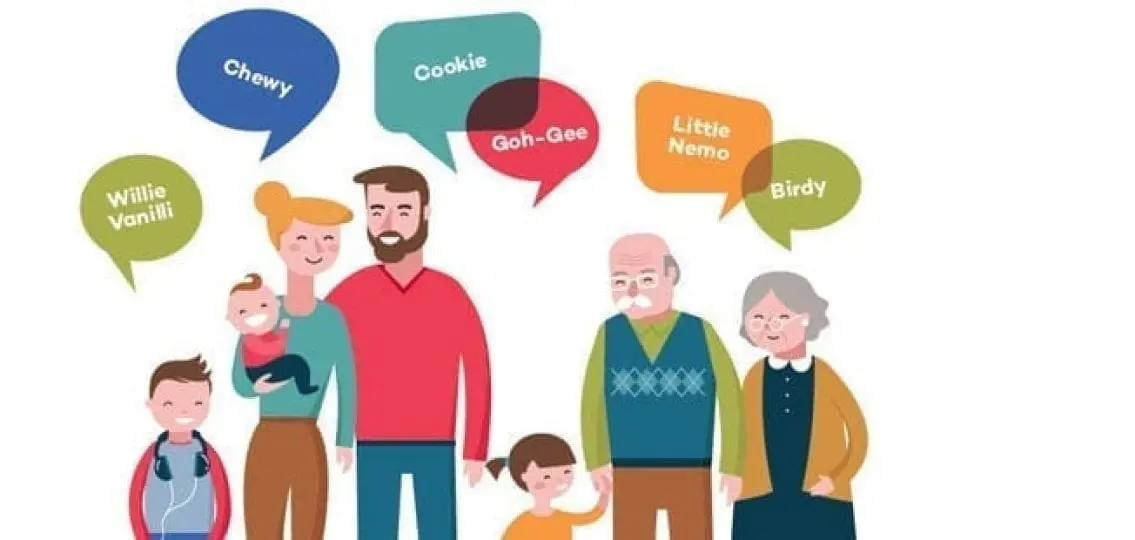Did the pregnant you think of teen nicknames when you chose your baby’s name? All that time and effort spent dreaming of baby names? Doodling on scrap paper, agonizing between Elizabeth or Isabella?
What a total waste of time THAT was.

By age two, Elizabeth will somehow be nicknamed “Bizzy.” Isabella? She will be your “Bellybug” until college. My niece, Teresa, was “Tata” for years (until she learned what “tata” meant to 99 percent of the population). We named my son Charles and called him Charlie after my grandfather. We should have just polled his future coaches and chosen one of the various names they gave him: Chuck, Upchuck, Chuckles, Chas.
Nicknames Have Staying Power
Nicknames can literally define you for all eternity, and yet, most of us didn’t necessarily choose them. And, they can change throughout your life. Take me: My parents named me Mary Jane, but always called me Jane and never Mary.
And, my family nickname is actually … Cheeks. Long story. After I took my husband’s surname, I became Jane Parent. (Thought that was just a clever pseudonym, did you?) And it gets better; I’m married to Joe Parent. This duo of fake-sounding aliases practically begs for puns. (“Ohhh, your name is Parent, and you are parents!”)
Childhood nicknames are usually an expression of parental affection. “You may have chosen a formal name like Joseph, but no one wears a tuxedo to every event, so depending on the situation and time in life, your child may be Joseph, Joey, Joe, or Jojo. Nicknames can be like a fossil record of your childhood,” says Laura Wattenberg, author of The Baby Name Wizard and creator of BabyNameWizard.com.
Moving from Childhood Nicknames to Teen Nicknames
As your child becomes a teenager, they may suddenly decide they hate their name. “As teens experiment with their own identity and the person they want to be, they may decide that their cute family pet name no longer feels like them,” Wattenberg says.
Katie may churn through seven different variations of Katherine until she lands on a teen nickname that feels “right.” Thinking you can control your teen’s nickname, warns Wattenberg, “is a complete illusion. Remember that it’s your name until you give it to your child. And then it is theirs.”
Teen nicknames can be a form of affectionate teasing or even a bonding ritual. Jonathan may become “Johnny” to his baseball teammates. He may acquire a nickname from friends that you loathe — say, J-Dawg or JohnnyFresh. “If a silly nickname is given in affection and not as an insult, it will pass, and it isn’t worth fighting over,” Wattenberg says. “If your son wants to be called Johnny at home, treat his decision as an identity shift that you should respect.”

You might even get a fun nickname that replaces “Mom” or “Dad.” My husband is usually “Big D” (or “Dudders” or “D-Money”) to our kids. He fought it for a while, but I think he kinda likes it now. Nicknames are like that, aren’t they?




